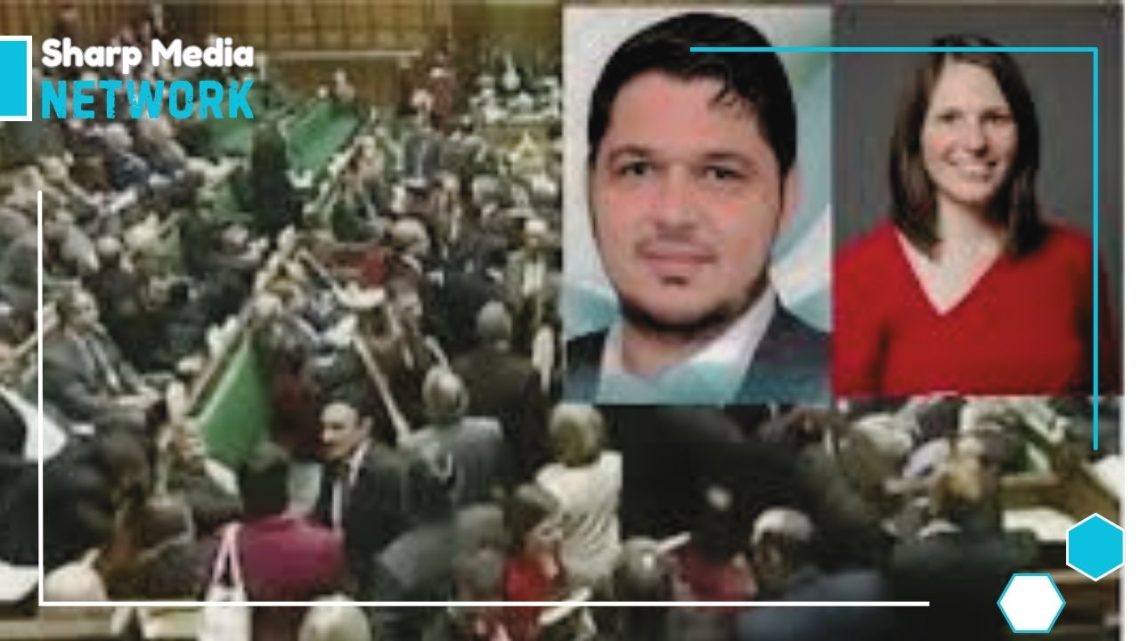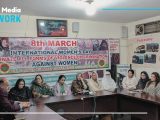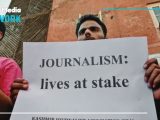
UK House of Commons Debates Human Rights Violations in IIOJK
March 9, 2025A crucial debate in the UK Parliament has brought global attention to human rights abuses in Indian-occupied Kashmir, calling for accountability and action.
A significant discussion on human rights violations in Indian Illegally Occupied Jammu and Kashmir (IIOJK) took place in the UK House of Commons, led by MP Sarah Smith. The debate, initiated by Smith, focused on the ongoing repression in Kashmir, including arbitrary detentions, extrajudicial killings, and other serious abuses.
Fahim Kayani, President of Tehreek-e-Kashmir UK and the All Parties Kashmir Alliance UK, commended Smith for raising the issue in Parliament, stating that the discussion exposed the “brutal face of Indian occupation in IIOJK.”
During the debate, Sarah Smith strongly condemned the actions of Indian forces, highlighting that draconian laws like the Unlawful Activities (Prevention) Act, the Armed Forces (Special Powers) Act (AFSPA), and the Public Safety Act (PSA) obstruct justice and shield perpetrators from accountability. Amnesty International also expressed concerns, stating that AFSPA grants Indian forces “de facto legal immunity” for human rights violations. UN Special Rapporteur Mary Lawlor emphasized the need for states to uphold human rights obligations and be held accountable for violations.
A review by Amnesty International revealed a sharp increase in PSA cases after 2019, disproportionately targeting Muslim-majority areas like Srinagar compared to Hindu-majority Jammu.
Several MPs called for the UK to link its trade agreements with India to human rights improvements in IIOJK. Imran Hussain, MP, lamented over 70 years of persecution faced by Kashmiris, condemning enforced disappearances, extrajudicial killings, and what he described as the world’s largest military occupation.
MP Ayoub Khan questioned the UK’s commitment to human rights, stating, “How can we claim to champion human rights while ignoring atrocities in IIOJK?” He likened the situation to conflicts in Gaza and Ukraine, criticizing the lack of Western intervention.
Tahir Ali, MP, challenged India’s democratic claims, questioning why international observers are not allowed in IIOJK if India is a true democracy. He denounced extrajudicial killings, sexual violence, and the use of pellet guns against children, stressing that Kashmir is a self-determination issue, not just a bilateral dispute.
MP Muhammad Iqbal echoed these concerns, citing Amnesty International’s reports on arbitrary detentions and human rights violations in IIOJK. He urged the UK government to take a leadership role in pressing India to uphold UN resolutions and respect Kashmiris’ right to self-determination.
Yasmin Qureshi, MP, emphasized the UK’s historical responsibility in the Kashmir dispute due to its role in the partition. She noted that India’s revocation of Article 370 in 2019 has intensified the suffering of Kashmiris. She urged the UK government to advocate for Kashmiris’ right to self-determination and adopt a stronger stance on human rights beyond the traditional bilateral approach.
Catherine West, Under-Secretary of State for Foreign, Commonwealth and Development Affairs, reiterated the UK’s commitment to human rights within its foreign policy, including trade relations with India. She emphasized ongoing collaboration with international organizations such as the UN to address human rights concerns.
Several British MPs, including Andy McDonald, Stella Creasy, Jim Shannon, Abtisam Mohamed, Harpreet Uppal, Gareth Snell, David Williams, Dr. Allison Gardner, Wendy Morton, and Paul Waugh, actively participated in the debate, voicing their concerns over human rights violations in Kashmir.
The discussion underscored growing international awareness and calls for greater accountability, transparency, and intervention to address the ongoing human rights crisis in IIOJK.

